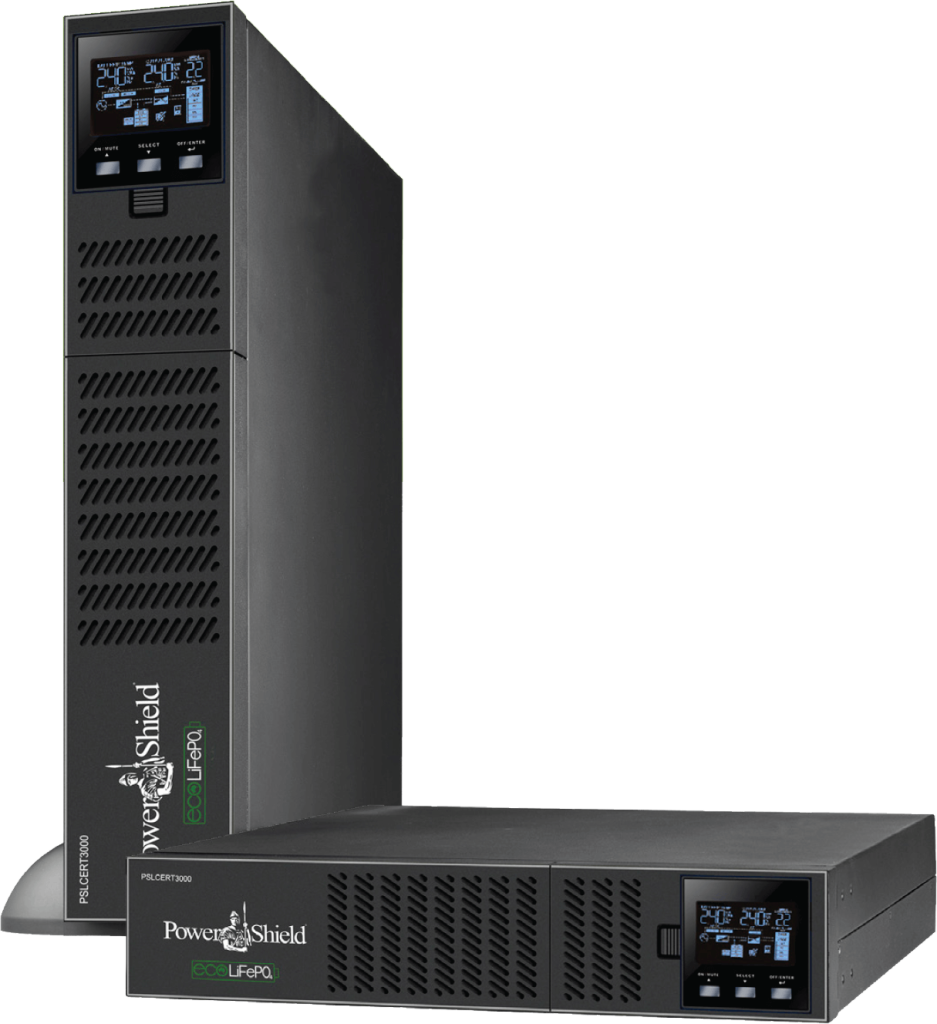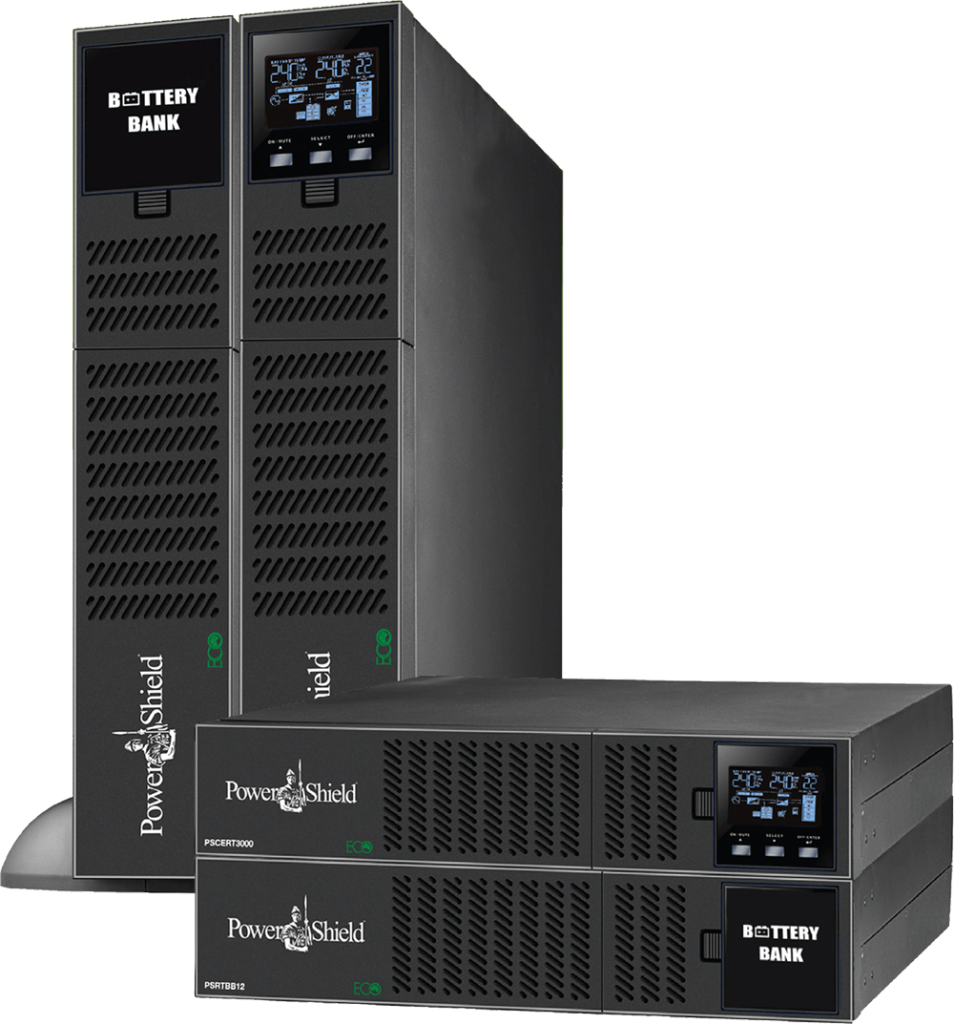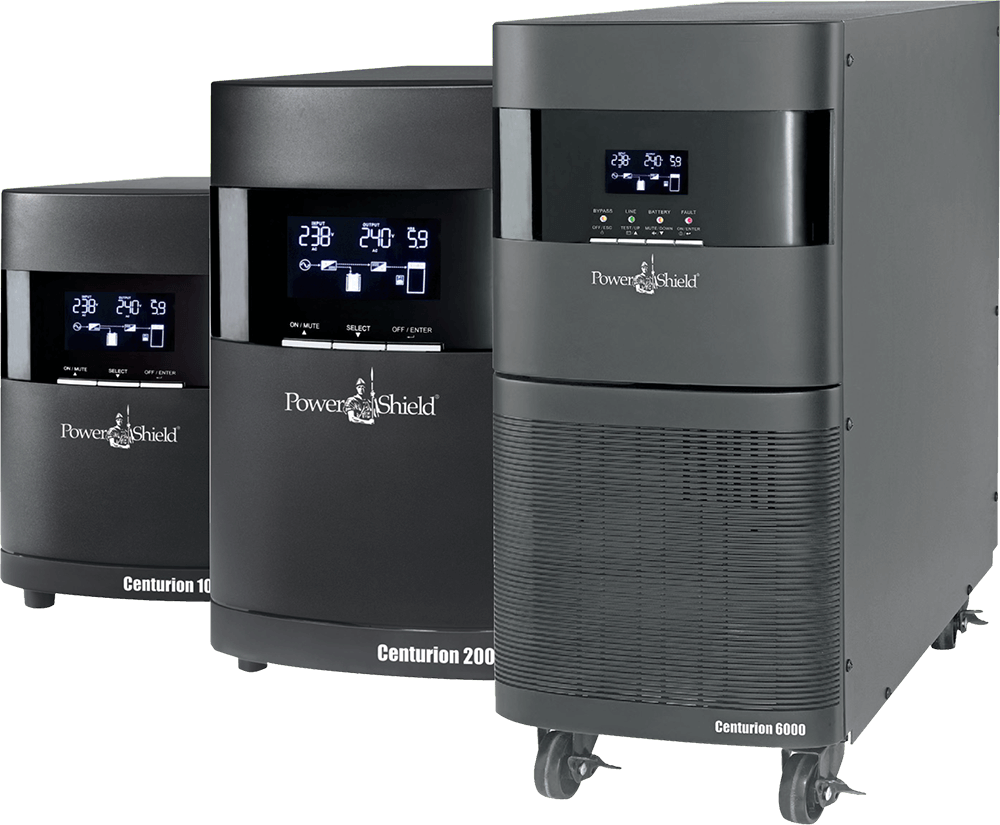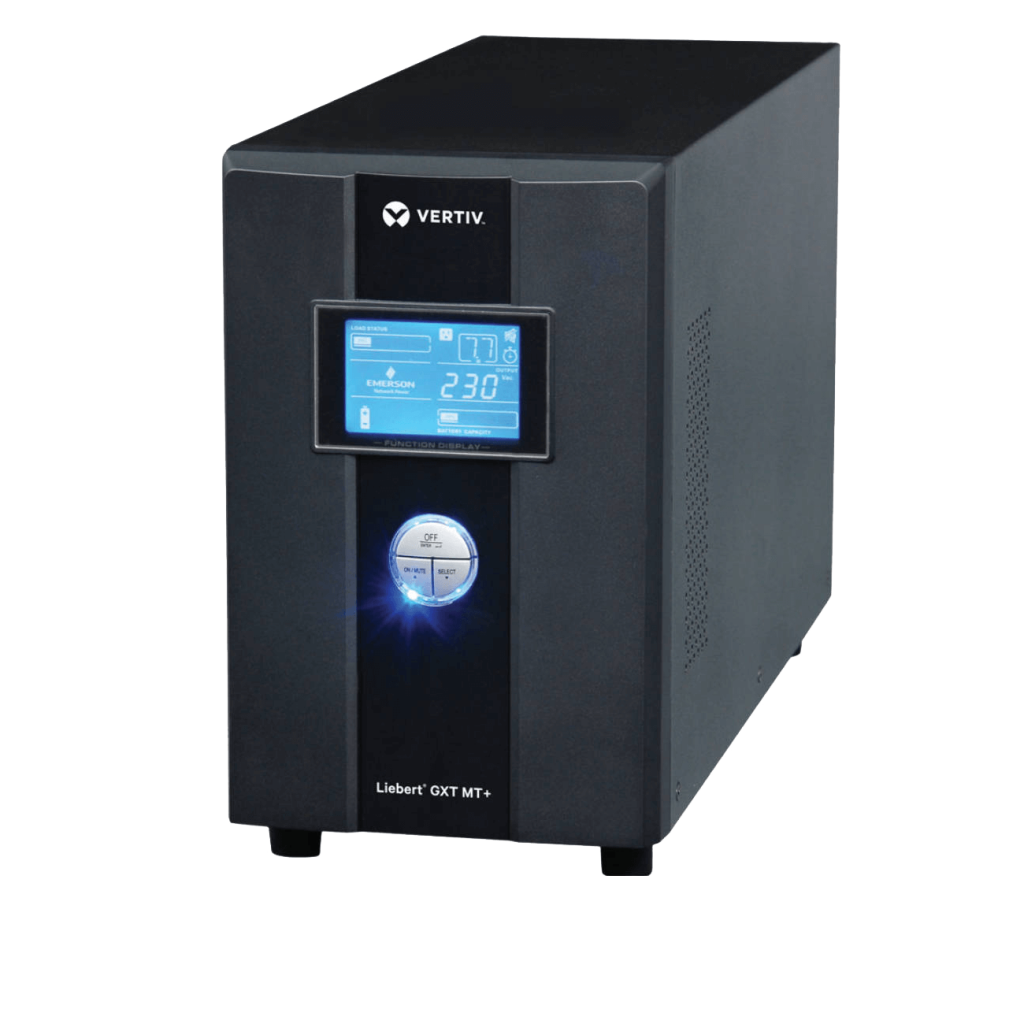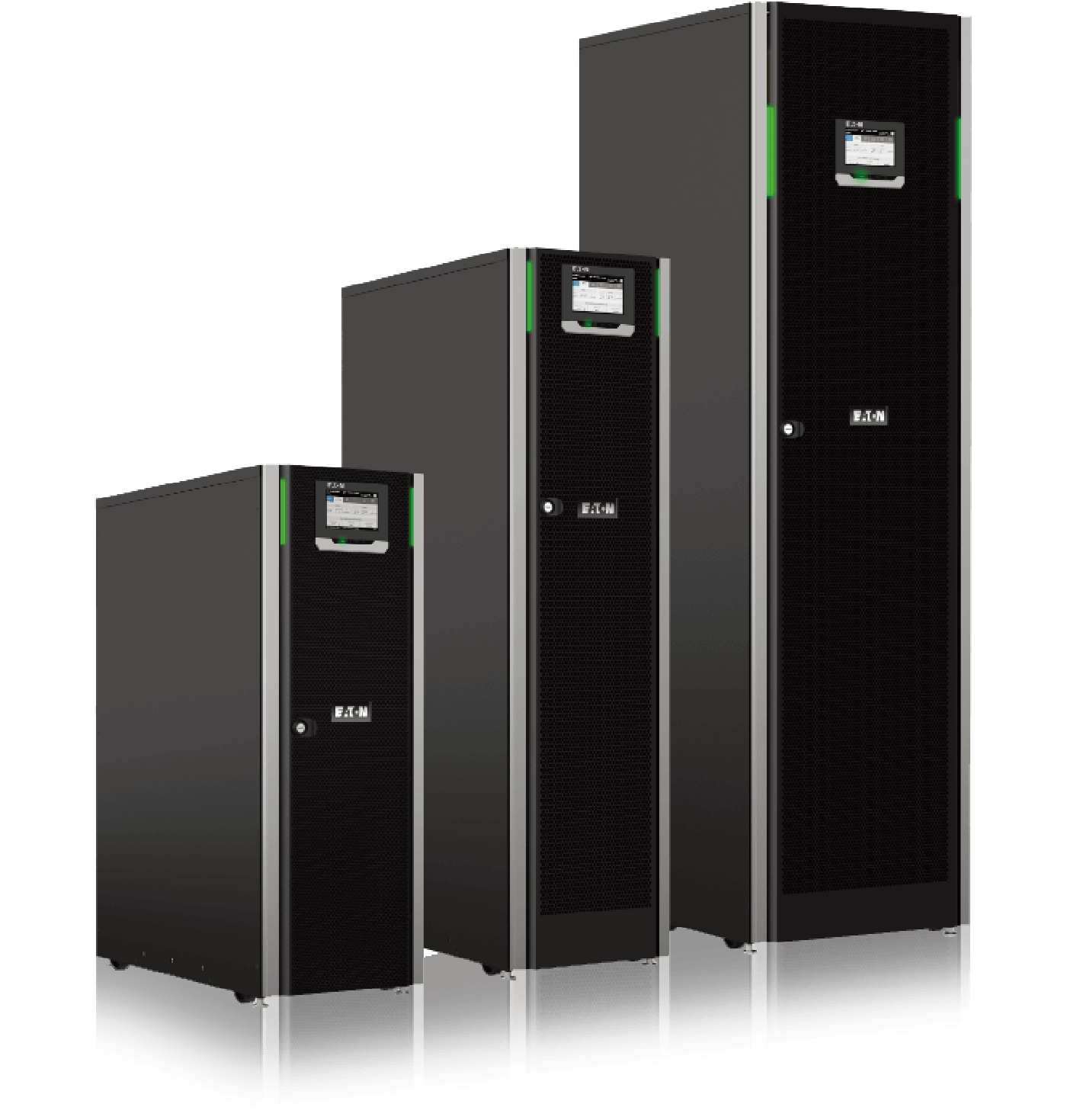
Eaton 91PS
Technology:
Power rating:
Phase:
Configuration:
Warranty:
Documentation / Downloads
The Eaton 91PS UPS is renowned for its superior Total Cost of Ownership (TCO) and unmatched availability, making it the optimal choice for small data centers and mission-critical applications.
Eaton UPS systems are scalable and configurable to meet diverse power requirements, offering a future-proof investment. As UPS specialists, we provide comprehensive design, installation, and maintenance services to optimise the performance of your new equipment.
Lowest Total Cost of Ownership (TCO)
- Exceptional Efficiency: Achieves efficiency above 96% in double conversion mode and up to 98.8% in Energy Saver System mode.
- Built-in Redundancy: Offers internal redundancy with shared or separate battery configuration, ensuring uninterrupted power supply.
- Compact Footprint: Boasts the smallest footprint in the market, with the petite frame occupying only 0.25m2 (8-20kW) and the large frame 0.36m2 (8-30kW).
- Scalable Architecture: Features a ‘Pay as you grow’ capability, allowing for easy expansion with the option to install up to 8 units in parallel.
Maximum Availability
- Hot Swappable Modules and Batteries: Enables module and battery replacement or addition without disrupting load protection.
- Enhanced Safety: Includes an optional super-sized Static Switch and ultra-rapid fuse in the Static Switch to ensure safety in all scenarios.
- Streamlined Installation: Equipped with a back-feed contactor, eliminating the need for additional installations.
- Integrated Resiliency: Eaton’s Intelligent Power Manager software suite enhances system resiliency by bridging IT and electrical infrastructure management.
- Unified Management: Offers IT and electrical infrastructure management from a “Single pane of glass.”
- Load Shedding Capability: Facilitates load shedding, allowing for a 50% drop in load equating to 250% more runtime.
For pricing and further information, please phone Power On Australia on 1300 66 24 35 or complete the enquiry form below.
"*" indicates required fields
Lowest Total Cost of Ownership (TCO)
- Exceptional Efficiency: Achieves efficiency above 96% in double conversion mode and up to 98.8% in Energy Saver System mode.
- Built-in Redundancy: Offers internal redundancy with shared or separate battery configuration, ensuring uninterrupted power supply.
- Compact Footprint: Boasts the smallest footprint in the market, with the petite frame occupying only 0.25m2 (8-20kW) and the large frame 0.36m2 (8-30kW).
- Scalable Architecture: Features a ‘Pay as you grow’ capability, allowing for easy expansion with the option to install up to 8 units in parallel.
Maximum Availability
- Hot Swappable Modules and Batteries: Enables module and battery replacement or addition without disrupting load protection.
- Enhanced Safety: Includes an optional super-sized Static Switch and ultra-rapid fuse in the Static Switch to ensure safety in all scenarios.
- Streamlined Installation: Equipped with a back-feed contactor, eliminating the need for additional installations.
- Integrated Resiliency: Eaton’s Intelligent Power Manager software suite enhances system resiliency by bridging IT and electrical infrastructure management.
- Unified Management: Offers IT and electrical infrastructure management from a “Single pane of glass.”
- Load Shedding Capability: Facilitates load shedding, allowing for a 50% drop in load equating to 250% more runtime.
FAQs
Are your UPS' reliable?
UPS’ are very reliable when used in accordance with the manufacturers instructions. Like many electronic devices, they can be easily mistreated.
How do UPS' work?
UPS’ work by preventing interruption of Power to the critical load. This is usually happens by providing a secondary source of energy – like a battery – to run your critical load. There are a handful of different methods for UPS operation, that deliver somewhat different results.
How do UPS' work in a data centre?
Data Centres use a large Centralised UPS array, backed up by generators as well as the grid, to keep power available to the data centre uses for many hours in circumstances when grid power has failed.
What UPS do I need?
The UPS you will need will absolutely be defined by what your load is. A PC will need a different size UPS to a refrigerator, or a variable speed drive. That’s because the loads are very different in nature.
Where is UPS used?
A UPS is expected to be used in any clean, dust Free, temperature and humidity controlled location. Using a UPS outdoors, or in a vehicle or on a ship or an oil rig requires specialist UPS systems.
Which UPS is best for home?
If you are using your UPS in a major city home, and for typical home IT equipment, like PC’s, TV’s and modems, a ‘line interactive’ UPS is all that is generally required. In areas where your power supply is weak or poor quality, or your supported equipment is more critical in nature – like a CPAP machine or humidicrib, it is best to get specialist advice.
Which UPS battery is best?
UPS batteries are divided generally into 2 types. High rate batteries and non high rate batteries. High rate batteries can support a large burst of energy for short periods of time – like 30 minutes, but have a comparatively short service life. Non high rate batteries are designed for long slow discharges, and can often support equipment for many hours, and will last near double the lifespan of high rate batteries. Battery type and sizing is complex, best to seek professional advice here.
Which UPS is best for Computer or Gaming PC?
The best type of UPS is best for every type of application because of the way it’s expected to work. These are double conversion UPS’s, sometimes called true on line UPS’s. They work very differently to more economical UPS’s, are more complex, more reliable, more powerful and significantly more expensive that the low cost UPS’s. If ‘best’ means highest reliability and best quality power output with fewest power breaks to you, get Double Conversion.
Why is UPS used?
A UPS is used solely to prevent or limit interruption of mains power to critical loads. Other add on functions like surge protection, alarms and communications and remote control of servers is not a core UPS function.
If you have a question we haven’t featured in our FAQs, please use the form above and we’ll get back to you as soon as possible. Thank you.

